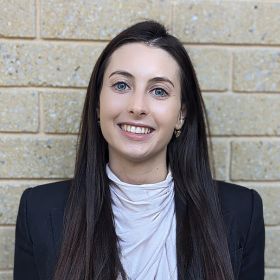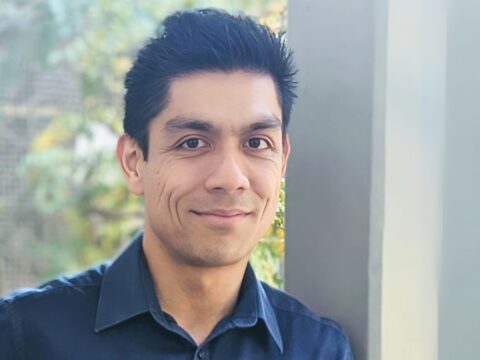
Dr Ashleigh Vella
Name:
Dr Ashleigh Vella
Job Title:
Post-doctoral Research Fellow
Place of work / study:
Centre for Healthy Brain Ageing (CHeBA) at the University of New South Wales (UNSW)
Area of Research:
My research focuses on the modifiable risk factors for dementia, using machine learning techniques to predict all-cause dementia among low- and middle-income countries. More Recently, I am working with large international studies from the ‘Cohort Studies of Memory in an International Consortium’ (COSMIC) to map the epidemiology of dementia globally. I also work with large longitudinal twin studies, to investigate genetic and environmental influences on aging and dementia.
How is your research funded:
My work is funded by the National Institute of Health (NIH) grant
Tell us a little about yourself:
I am currently working as a Post-Doctoral Research Fellow at the Centre for Healthy Brain Aging (CHeBA), UNSW Sydney. Prior to this, I completed my PhD (full-time) at the University of Queensland, investigating the decisional mechanisms underlying self-biased cognition, through complex computational modelling techniques. It was during my PhD that I discovered my passion for statistics and data modeling. In addition to completing my PhD, I volunteered as a HDR representative for the UQ Psychology Research Committee, interned as a behavioral insight consultant at QBE and worked an academic tutored teaching Neuroscience.
During my undergraduate degree, I worked as a research assistant for the Perception and Action Lab. Graduating from the University of Queensland with a Bachelor of Psychological Science (Honours), achieving first class Honours, Valedictorian, the Henry Law Prize (statistics) and University Medal in 2018.
Beyond my career, I enjoy hiking, going to the beach and getting out-doors. One day I hope to hike the Inca trail to Machu Picchu.
Tell us a fun fact about yourself:
I’m the first person in my family to go to university 🙂
Why did you choose to work in dementia research?
I have always been curious about how neurological disorders affect and alter the brain. Originally, I thought I would be a clinical psychologist, however a first year Neuroscience course sparked my curiosity for understanding the brain and passion for research. During my PhD I investigated the underlying cognitive mechanisms of decision-making. This was purely experimental based, and I wished to research an area with a more direct and meaningful impact on people’s lives. Working in the dementia field provides a nice intercept between my interests, passion for research, and ability to directly improve people’s lives.
What single piece of advice would you give to an early career researcher?
Always try to upskill – widening your methodological expertise can take time, but it will also open up opportunities and lead to interesting research collaborations.

 Print This Post
Print This Post





